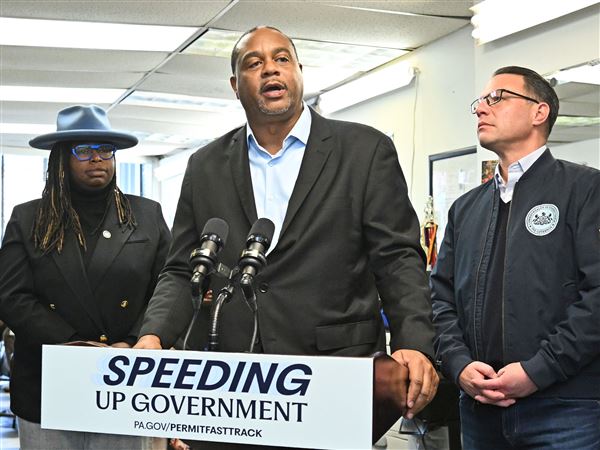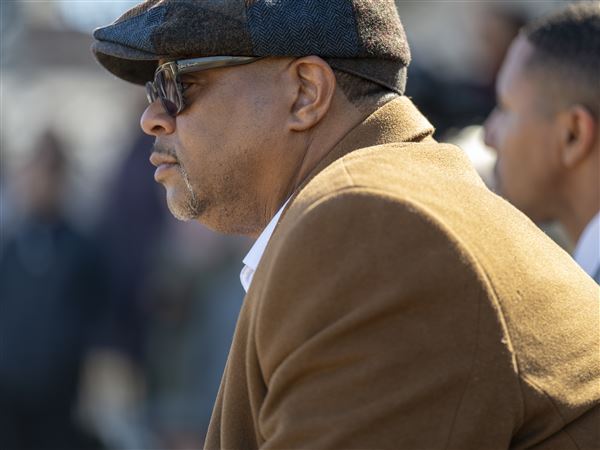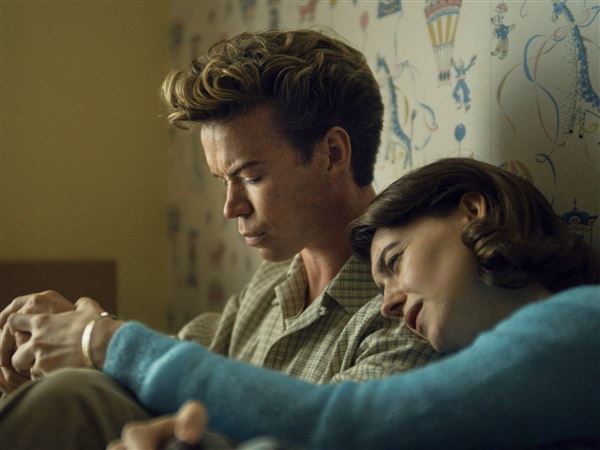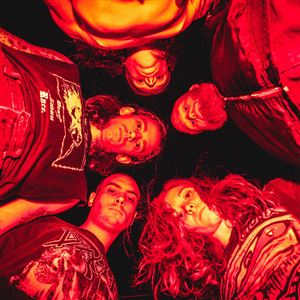Jimmy Wopo, a rising star in the hip-hop music world who was about to sign a contract that would have taken him out of Pittsburgh, was shot Monday in the city’s Hill District neighborhood that he often rapped about.
Wopo and another man were ambushed at 4:22 p.m. as they sat in a sport-utility vehicle in the 2400 block of Wylie Avenue; he was pronounced dead at 5:56 p.m. at UPMC Presbyterian. The Allegheny County Medical Examiner said the cause of death was a gunshot wound to the head.
A law enforcement source said Wopo was in the driver’s seat of the 2007 Mazda CX7. Bullet holes could clearly be seen in the driver’s side window. The source was not authorized to comment on the incident and spoke on the condition of anonymity,
Wopo’s death also was confirmed by his manager, Taylor Maglin, who told the Post-Gazette, “Jimmy has passed away, and we ask that you keep his family in your prayers during this tough time.”
Mr. Maglin had posted a call for prayers for the 21-year-old musician on Facebook, followed two hours later with a pledge to keep Wopo’s memory alive forever.
Pittsburgh police were investigating the shootings and had released no information on suspects or a motive. Wopo’s passenger was listed in stable condition.
Jimmy Wopo was the stage name for Travon Smart, who started rapping when he was 14 at the Bedford Hope Center studio in the Hill District.
Since then, Wopo had become one of the most sought-after young talents in hip-hop, and was recently considered for XXL Magazine's annual Freshman list recognizing the genre's up-and-comers.
Wopo made a style of hip-hop music called trap rap, which combines bass-heavy beats with raw and unfiltered lyrics. Some artists use it as a way to share their lived experiences with their fans. Wopo was no different.
Wopo found himself following in the footsteps of Pittsburgh rappers Wiz Khalifa and Mac Miller, who both amassed large followings outside of Pittsburgh. But Wopo, unlike Miller and Khalifa, had remained in the city. “I’m really in the heart of Pittsburgh — where the savage at,” he told the Post-Gazette’s Scott Mervis in 2016 when two of his videos surpassed 1 million views each.
Wopo was on the cusp of the big time... and of getting out.
Wopo called his attorney, Owen Seman, just 15 minutes before the shooting, to discuss a contract he was about to sign with Taylor Gang Entertainment, the label founded by Wiz Khalifa. Mr. Seman said it was for a 27-date tour scheduled to start July 27th.
"He would be making life-changing money," said Mr. Seman. "His life was about to change. He was going to be gone... He was going to be out of Pittsburgh.
"The kid had finally, really... really... He was there."
Wopo was planning to move to Los Angeles in the coming months, according to his close friend and producer, Norman Dean.
"We were supposed to start fresh out there," Mr. Dean said.
Mr. Seman said he was preparing to go to the judge in charge of Wopo's probation and request permission for him to travel. He had been convicted of drug charges twice and last summer was sent to jail for 60 days for violating probation.
"These guys don't make any real money until they sign a deal," said Mr. Seman. "The idea these guys make all this money is just not true. They're still living in the hood because they don't have the money to get out yet."
Mr. Dean, who has mixed and engineered Wopo's work since they met two and a half years ago, said he talked to Wopo on Sunday about getting into the studio soon to make more music.
Through their music, Mr. Dean said, the two became brothers.
"We really became family. I watched him grow, not only as an artist but so much as a person," said Mr. Dean, 24 of the South Side. "I saw him mature and watched his heart grow."
"He was a great man," Mr. Dean added. "He was a great person. He was a great friend. He always did everything he could to make sure all of his family and all of his brothers were taken care of."
Wopo was a member of Muney Lane Muzik, a rap collective in the Hill District that was "more than a group of people, but a real life family" of lifelong friends, Mr. Dean said.
Wopo dropped out of The Academy Charter School, a school for court-adjudicated kids, in 10th grade and found more trouble on the streets. He was twice convicted on drug charges. He had been shot twice in the past, and told the Post-Gazette in an interview in 2017 that those experiences made him realize how much music could be an outlet for his emotions, and a way to escape from his environment.
When he got out of jail last September, he released three videos that amassed more than 600,000 YouTube views in less than a month.
Wopo's live shows garnered attention from police and concert venue owners for the threat of gang violence. The rapper and his management disputed those claims, and talked of the difficulty they had promoting the music without backing from the city.
Scotty Sabatasso, a local DJ who performed with Wopo several times over the last few years, said the subject matter in Wopo's music wasn't always "the most beautiful thing you want your kid to listen to," but that it represented what the rapper experienced growing up in the Hill.
"To the people who listened to his lyrics and grew up the way he did, they appreciate him and the music he made," Mr. Sabatasso said.
Mr. Dean said it isn't possible to know the "real" Wopo -- who he said recently donated money to help sponsor a youth football camp in the Hill -- through the music he made.
"He always said he's not making this type of music to try to tell kids to go out and do this same stuff," Mr. Dean said. "He said, 'violence is not the way. This is just music. This is just entertainment. This is not the way to go about your life.'"
On stage, Wopo was as charismatic as he was physically energetic. Off stage, all he wanted to do was have fun, "help his homies make some money" and get them out of their tough environments, Mr. Sabatasso said.
Several hours after the shooting, volunteers from the FOCUS Pittsburgh trauma response team were at the scene and were available to speak with nearby residents.
"It's a painful time for the community," said the Rev. Paul Abernathy. "Every homicide brings a level of pain. It's important for the community to understand it's important to heal."
Rev. Abernathy, 38, of the Hill District, is director of FOCUS Pittsburgh and pastor of St. Moses Orthodox Church on Centre Avenue.
"I love the Hill District," he said. "It's an incredible, beautiful community."
Since the trauma response team launched last Thanksgiving, Rev. Abernathy estimates it has been at the scene of one homicide per week on average.
There are 20 trained trauma response team members who have learned the basics of psychological first aid, mental health first aid and CPR. Rev. Abernathy said more volunteers are needed.
"We need to build a bench," he said.
First Published: June 18, 2018, 11:07 p.m.
Updated: June 19, 2018, 6:15 p.m.

































